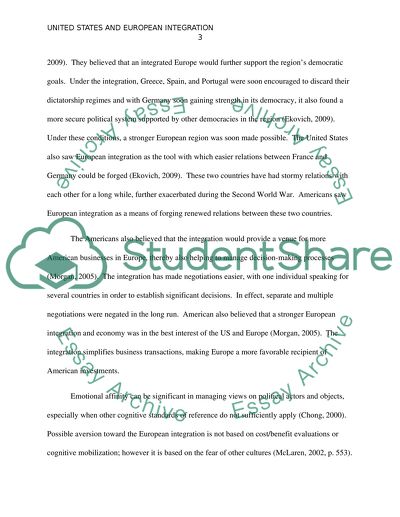Cite this document
(“United States support for European Integration Term Paper”, n.d.)
United States support for European Integration Term Paper. Retrieved from https://studentshare.org/history/1401691-topic-is-in-the-order-instructions
United States support for European Integration Term Paper. Retrieved from https://studentshare.org/history/1401691-topic-is-in-the-order-instructions
(United States Support for European Integration Term Paper)
United States Support for European Integration Term Paper. https://studentshare.org/history/1401691-topic-is-in-the-order-instructions.
United States Support for European Integration Term Paper. https://studentshare.org/history/1401691-topic-is-in-the-order-instructions.
“United States Support for European Integration Term Paper”, n.d. https://studentshare.org/history/1401691-topic-is-in-the-order-instructions.


